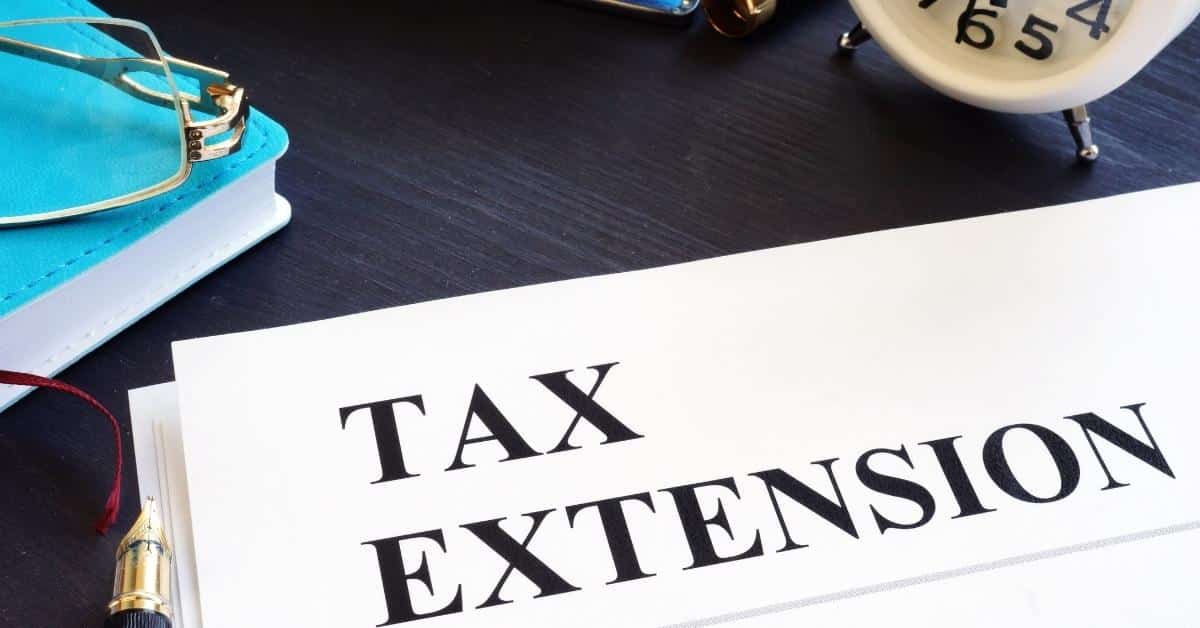When Tax Day rolls around, stress levels rise as some people realize that they haven’t yet filed their federal income tax return. But don’t worry – if you consistently file at the last minute or worry that you’ll be late, there’s a solution in place for you.
That solution is filing for a tax extension. A tax extension pushes your filing deadline back six months, and you don’t even need to give a reason as to why you need it.
Hint: Just because a tax extension pushes your filing date back does not mean you get more time to pay your taxes.
How to File an Extension
You can either file Form 4868 or make an electronic tax payment. Whatever method you choose, you’ll need to file the extension by your original deadline.
Most people choose to file Form 4868, which you can send to the IRS either by mail or electronically. If you send this form by mail, it must be postmarked on or before your original return due date. You must use the U.S. Postal Service in order to mail this form if it includes a payment, but if you’re not making a payment, you can use any private delivery service.
You can also choose to file an extension electronically. To do this, make an electronic payment of all or part of your estimated income tax bill using the IRS Direct Pay Service, the Electronic Federal Tax Payment System, your credit/debit card, or digital wallet. Indicate that the payment is meant for a tax extension and keep the confirmation number in your records. When you make this payment, you don’t have to file Form 4868 on top of it. Choose one method or the other.
The IRS will not send you a confirmation with either method, but they will notify you if your extension was denied due to filing too late.
State Rules
Certain states may have differing rules for filing tax extensions, and differing deadlines as well. Check with your tax agency to get the exact rules and dates so you don’t miss a deadline.




